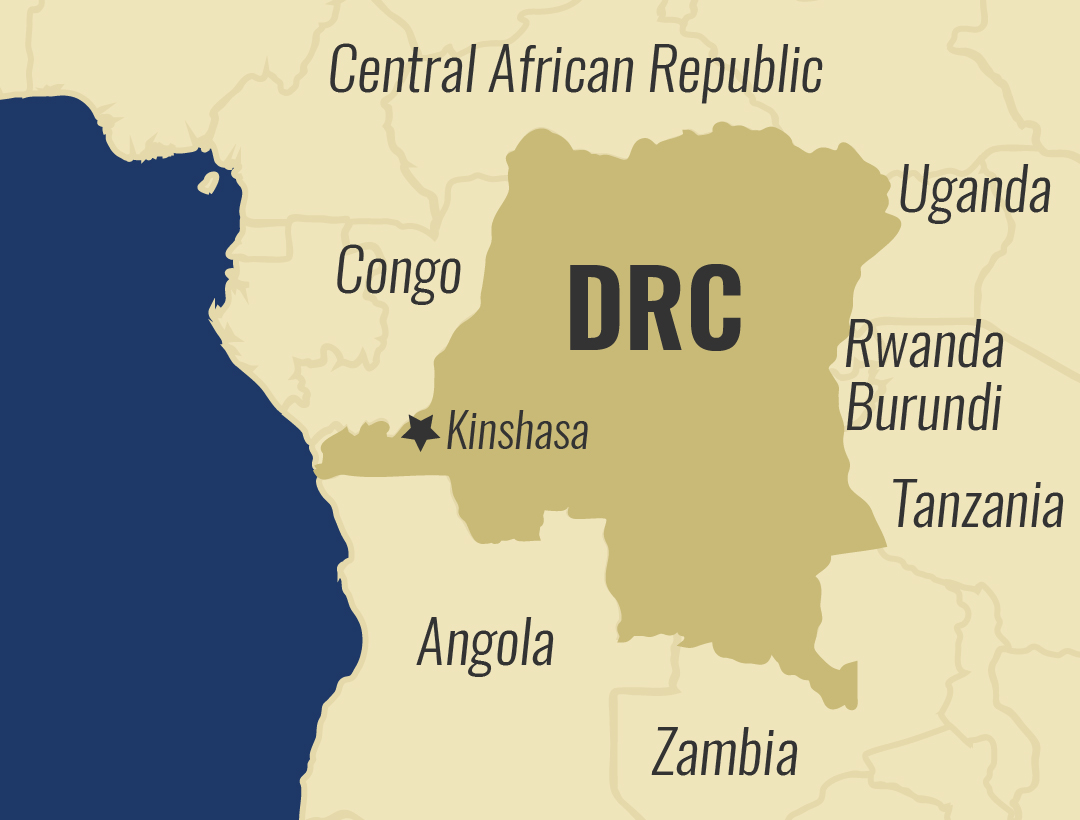Faces of Africa – Aquatic Master Pt. 2
Felix Uzor, a Nigerian born Ghanaian, is the founder of the Felix Foundation and Fitness Company. A certified lifeguard, he strongly believes that death by drowning is preventable and has made it his life’s mission to completely eradicate it.
Estimates indicate that at least 75% of the African population does not know how to swim. In Ghana death by drowning claims more lives than road accidents therefore creating a need to create water safety awareness campaigns for the general public.
In line with this need, The Felix Foundation in collaboration with various stakeholders like ISLA- Lifeguard trainers from the U.S. and U.K. annually has conducted an Intensive Open Water Resource Course since 2016.

The 30-hour course is spread out across three days and entails a rigorous physical fitness program, basic first aid techniques like CPR for drowning; securing victims with broken bones; how to stop bleeding on injured victims and beyond the surf skills such as buoy deployment and water entering techniques.
This year over 200 participants comprising of locals, officials from Ghanaian security agencies, other emergency rescue services personnel have registered for the training to be conducted at Labadi beach on Ghana’s coastline.

Kojo Felix and Mbae Adejo are both local trainees participating in this year’s edition, with hopes of becoming certified lifeguards after the completion of the ISLA led training.
Apart from the immediate need of creating water safety awareness for the public, the long-term objective of the outreach program is to form a competent Maritime, search and rescue unit that will be tasked in responding to emergencies when and if they occur.
David Wagner one of the ISLA trainers reckons with the dedication he has seen from the organizers, sponsors and the group of trainees in making Ghana’s beaches safe, will impact positively in reducing death by drowning.

The three days training culminate in the successful trainees being awarded with lifeguard certifications with hopes that these efforts will translate to safe beach spaces and other water bodies in Ghana and Africa at large.





